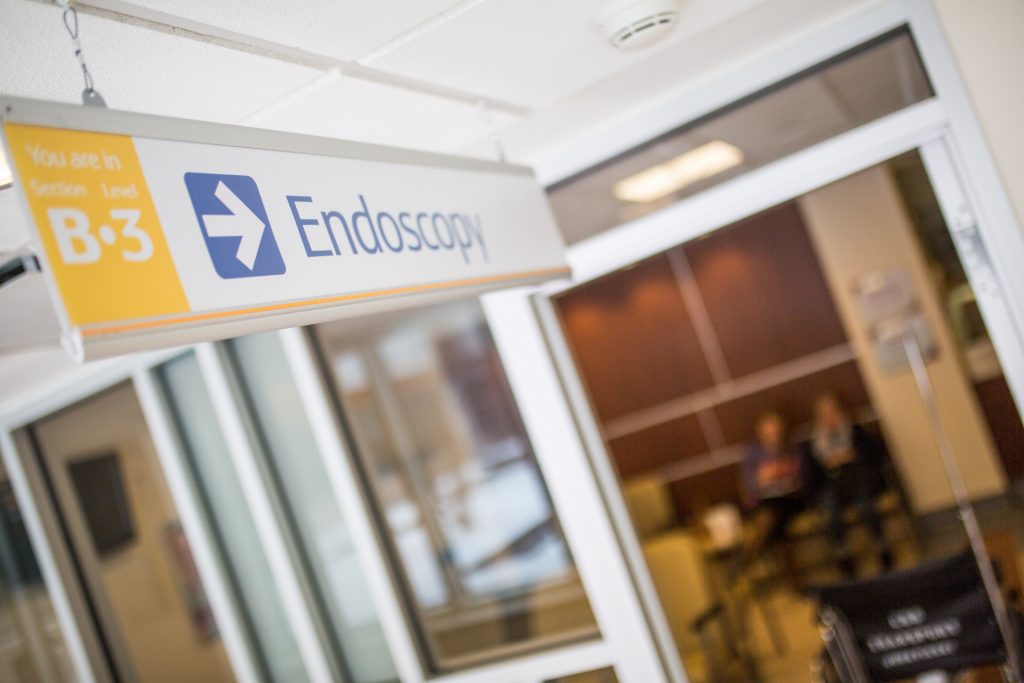
Increase in missed and cancelled appointments leading to undiagnosed colorectal cancer
HAMILTON, ON – Hamilton Health Sciences (HHS) has seen an increase in missed and cancelled appointments for colorectal cancer screening over the last year due to COVID-19. As a result, there are a large number of undiagnosed, and therefore untreated, cancers affecting those in the region.
“Early diagnosis and treatment can make all the difference – cancer screening is very important and is essential for your health,” says Dr. Barry Lumb, physician in chief for HHS. “These numbers are very concerning, especially considering early diagnosis can vastly improve the chance of cure.”
March is Colorectal Cancer Awareness Month and HHS is taking the opportunity to emphasize how important it is to stay up-to-date with screenings, and how delaying or missing an appointment, test or procedure may have a negative impact on your health. From April 1, 2020 to February 28, 2021, there were 114 missed endoscopy appointments for a positive Fecal Immunochemical Test (FIT) alone, and over 2,000 cancelled ambulatory appointments.
The reason for the increase is attributed to COVID fears people have with entering a hospital environment; however, these fears should not exist – hospitals are safe with precautions in place including screening at entrances, masking requirements, physical distancing, and enhanced cleaning.
“There was approximately a 40 per cent reduction in diagnosed colorectal cancers this year compared to last, and this is not due to a decrease in the community,” says Dr. Lumb. “As a result of increases in missed and cancelled appointments, there are a great deal of undiagnosed individuals in our region who may be delaying their care.”
Some common symptoms of colorectal cancer are: change in bowel habits (diarrhea/constipation), new abdominal pain, blood in the stool, unexplained weight loss, anemia. If you are experiencing any of these symptoms you need to seek medical attention from your primary health provider.
Everyone should be screened for colon cancer starting at age 50. If there is no family history of colon cancer, the newly available FIT test can be arranged by your family doctor. This provincial program has resumed and is the perfect pandemic-friendly, stay-at-home test. When patients screen for colorectal cancer by FIT screening for average risk and colonoscopy for increased risk, it improves their chances of catching it early, and nine out of 10 people can be cured. If you have colorectal cancer and do not get screened, you may miss the chance for early and more effective treatment plans.
“Colorectal cancer is the second most commonly diagnosed cancer, so if you have any concerns about coming to the hospital for these essential appointments, please talk to your care provider,” adds Dr. Lumb. “Early screening is critical, and going to your appointments for care is essential.”
– 30 –
For more information, please contact:
Wendy Stewart
Communications & Public Affairs
Hamilton Health Sciences
stewartwen@hhsc.ca
